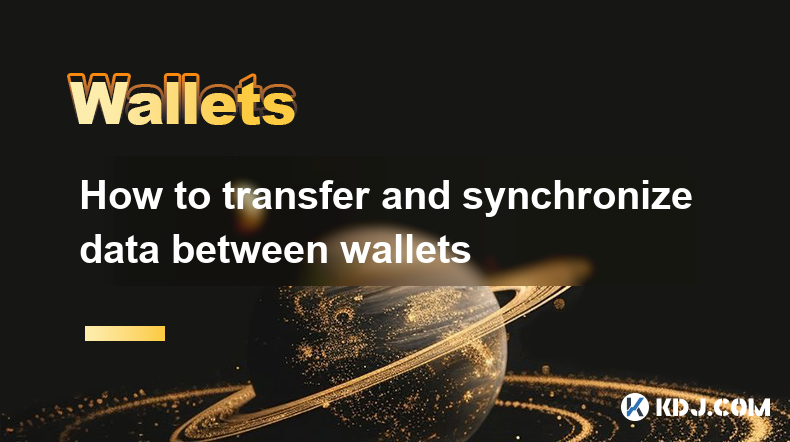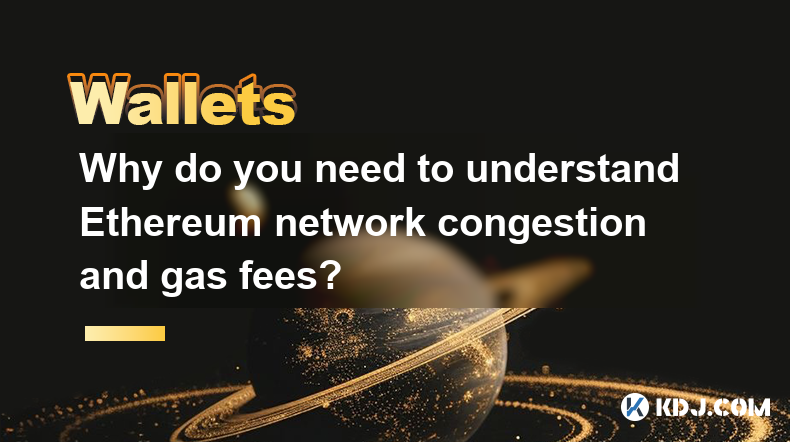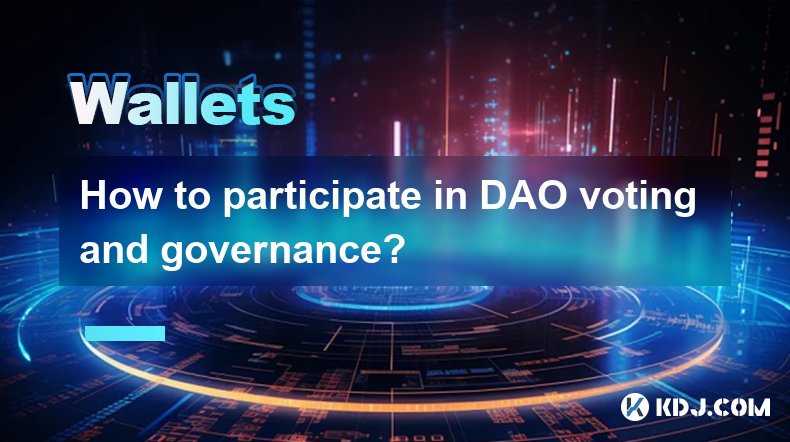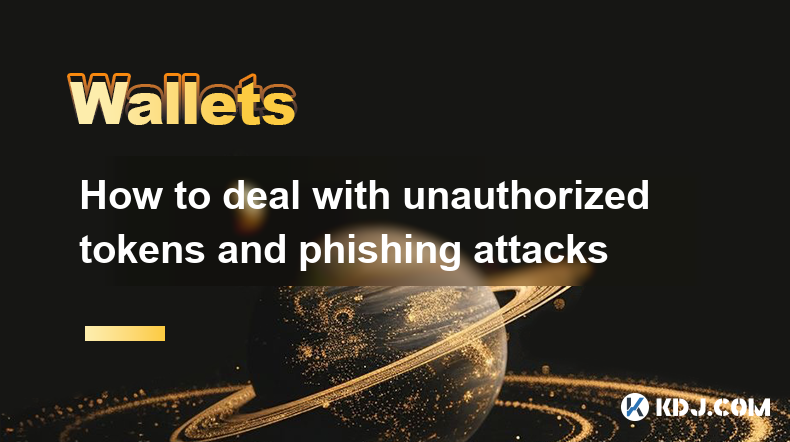-
 Bitcoin
Bitcoin $96,440.4167
-1.90% -
 Ethereum
Ethereum $2,690.5903
-2.45% -
 XRP
XRP $2.5889
-2.81% -
 Tether USDt
Tether USDt $0.9999
-0.06% -
 BNB
BNB $654.8775
0.10% -
 Solana
Solana $172.0925
-2.14% -
 USDC
USDC $1.0001
0.01% -
 Dogecoin
Dogecoin $0.2443
-3.72% -
 Cardano
Cardano $0.7664
-4.02% -
 TRON
TRON $0.2380
-4.11% -
 Chainlink
Chainlink $17.5412
-3.99% -
 Avalanche
Avalanche $25.1331
-0.31% -
 Sui
Sui $3.3388
-4.88% -
 Stellar
Stellar $0.3280
-3.42% -
 Litecoin
Litecoin $128.3458
-3.53% -
 Toncoin
Toncoin $3.6686
2.01% -
 Hedera
Hedera $0.2162
-1.94% -
 Shiba Inu
Shiba Inu $0.0...01525
-2.17% -
 UNUS SED LEO
UNUS SED LEO $9.7276
-0.21% -
 Hyperliquid
Hyperliquid $24.5558
-1.54% -
 Polkadot
Polkadot $5.1157
1.32% -
 MANTRA
MANTRA $7.5975
-0.22% -
 Bitcoin Cash
Bitcoin Cash $318.1092
-3.19% -
 Bitget Token
Bitget Token $4.9846
7.29% -
 Ethena USDe
Ethena USDe $0.9990
-0.08% -
 Dai
Dai $1.0000
-0.01% -
 Uniswap
Uniswap $8.8351
-4.88% -
 Monero
Monero $232.2775
-1.28% -
 NEAR Protocol
NEAR Protocol $3.4888
-1.57% -
 Pepe
Pepe $0.0...09261
-4.99%
Learn wallet skills in transactions with examples
To securely store cryptocurrency offline, hardware wallets offer enhanced protection by keeping private keys disconnected from the internet.
Feb 21, 2025 at 07:07 am

Article: Learn Wallet Skills in Transactions with Examples
Key Points:
- Understanding the types of cryptocurrency wallets
- Managing private keys and seed phrases
- Receiving, sending, and storing cryptocurrency
- Transferring cryptocurrency between wallets
- Monitoring and safeguarding transactions
Understanding the Types of Cryptocurrency Wallets
- Hardware Wallets: Physical devices that store private keys offline, providing enhanced security against hacking and malware.
- Software Wallets: Digital applications run on computers or mobile devices, offering accessibility and convenience while requiring more user vigilance.
- Web Wallets: Online services that allow users to store and manage cryptocurrency through a web browser, potentially less secure than other options.
- Paper Wallets: Printed copies of private keys, offering an offline storage solution but requiring careful handling to prevent loss or damage.
Managing Private Keys and Seed Phrases
- Private Keys: Unique codes that allow users to access and control their cryptocurrency funds. They must be kept secret and secure.
- Seed Phrases: Lists of words that can be used to recover private keys in case of loss or theft. They should be backed up securely and kept confidential.
- Best Practices: Store private keys and seed phrases offline, preferably in multiple locations. Avoid sharing them with others or storing them electronically.
Receiving, Sending, and Storing Cryptocurrency
- Receiving: Involves providing a public address associated with your wallet to the sender. Once the transaction is confirmed on the blockchain, the funds will be deposited into your wallet.
- Sending: Requires the recipient's public address, the amount of cryptocurrency to be sent, and confirmation of the transaction through a digital signature.
- Storing: Once received, cryptocurrency should be stored securely in a suitable wallet based on your security and access requirements.
Transferring Cryptocurrency Between Wallets
- Internal Transfer: Moving cryptocurrency between different addresses within the same wallet. Usually requires minimal effort and fees.
- External Transfer: Sending cryptocurrency from one wallet to another belonging to a different user. Involves providing the recipient's address and may incur network fees.
- Cross-Chain Transfer: Moving cryptocurrency between different blockchains, such as transferring Bitcoin from the Bitcoin blockchain to the Ethereum blockchain. Requires additional steps and potentially higher fees.
Monitoring and Safeguarding Transactions
- Transaction Tracking: Use blockchain explorers or wallet software to monitor incoming and outgoing transactions, ensuring accuracy and preventing unauthorized access.
- Security Measures: Employ strong passwords, enable two-factor authentication, and regularly update wallet software to protect against hacking and fraud.
- Common Scams: Be aware of phishing emails, fake websites, and unauthorized transfer requests to avoid losing funds.
FAQs:
- What is a blockchain? A decentralized, distributed ledger system that records cryptocurrency transactions and prevents tampering.
- What is a public key? A mathematical code paired with a private key that enables users to receive cryptocurrency.
- How do I choose a cryptocurrency wallet? Consider factors such as security, ease of use, accessibility, and support for different cryptocurrencies.
- What if I lose my private key or seed phrase? Funds will be permanently inaccessible unless you have a secure backup.
- Can I send cryptocurrency to a non-cryptocurrency address? No, transactions are only possible between compatible addresses on relevant blockchains.
Disclaimer:info@kdj.com
The information provided is not trading advice. kdj.com does not assume any responsibility for any investments made based on the information provided in this article. Cryptocurrencies are highly volatile and it is highly recommended that you invest with caution after thorough research!
If you believe that the content used on this website infringes your copyright, please contact us immediately (info@kdj.com) and we will delete it promptly.
- Bitcoin, XRP Price Breakout Imminent, As Trading Range Narrows Further
- 2025-02-22 15:00:24
- Bitcoin Long-Term Holders Tighten Grip as Selling Pressure Wanes, Signaling Potential Rebound
- 2025-02-22 15:00:24
- Mike Novogratz Flips on XRP, Acknowledges Power of Community
- 2025-02-22 15:00:24
- Skyren DAO: The World's First Airdrop Collection DAO Redefining Passive Income
- 2025-02-22 15:00:24
- HIVE Digital Technologies Set to Expand Bitcoin Mining Operations in Paraguay, Targeting 400% Growth
- 2025-02-22 14:50:24
- From XRP's Surge to Toncoin's Woes: Why Panshibi (SHIBI) Could Be the 100x Crypto Play
- 2025-02-22 14:50:24
Related knowledge

What are cold storage and hot storage? Which one is safer?
Feb 22,2025 at 03:18pm
Key Points:Cold storage and hot storage are two methods of storing cryptocurrencies.Cold storage involves storing cryptocurrencies offline, while hot storage involves storing them online.Cold storage is generally considered safer than hot storage, as it is not connected to the internet and is therefore less susceptible to hacking.Cold StorageCold storag...

How to synchronize wallets in multiple devices and browsers
Feb 22,2025 at 09:18am
Key Points:Understand the different types of cryptocurrency wallets and their synchronization capabilities.Learn how to synchronize hardware wallets with multiple devices.Discover the steps involved in synchronizing software wallets across platforms.Explore the options for synchronizing mobile wallets on different devices.Gain insight into browser exten...

How to transfer and synchronize data between wallets
Feb 21,2025 at 12:25pm
Key Points:Understanding different wallet types and their capabilitiesIdentifying similarities and differences between walletsExploring options for transferring and synchronizing dataEnsuring data security and integrity during transferAddressing common challenges and troubleshooting tipsHow to Transfer and Synchronize Data Between Cryptocurrency Wallets...

Why do you need to understand Ethereum network congestion and gas fees?
Feb 21,2025 at 04:48am
Key PointsUnderstanding Ethereum Network Congestion and Gas FeesGas Fees ExplainedFactors Affecting Network CongestionStrategies for Minimizing Gas FeesImpact of Ethereum UpgradesUnderstanding Ethereum Network Congestion and Gas FeesThe Ethereum network is a decentralized platform that hosts a vast ecosystem of decentralized applications (dApps), non-fu...

How to participate in DAO voting and governance?
Feb 21,2025 at 03:42pm
Key Points:Overview of DAO Voting and GovernanceUnderstanding DAO Structures and MembershipRole of DAO Tokens and Voting RightsParticipating in Voting and Proposal SubmissionLeveraging Governance Tools and PlatformsImpact of Voting Participation on DAO OutcomesBest Practices for Effective DAO GovernanceHow to Participate in DAO Voting and Governance1. U...

How to deal with unauthorized tokens and phishing attacks
Feb 21,2025 at 05:25am
Dealing with Unauthorized Tokens and Phishing Attacks in the Cryptocurrency CircleThe cryptocurrency market is rife with potential dangers, including unauthorized tokens and phishing attacks. To protect yourself from these threats, it's crucial to take proactive measures and be vigilant in your online activities.Key Points:Unauthorized Tokens: Tokens cr...

What are cold storage and hot storage? Which one is safer?
Feb 22,2025 at 03:18pm
Key Points:Cold storage and hot storage are two methods of storing cryptocurrencies.Cold storage involves storing cryptocurrencies offline, while hot storage involves storing them online.Cold storage is generally considered safer than hot storage, as it is not connected to the internet and is therefore less susceptible to hacking.Cold StorageCold storag...

How to synchronize wallets in multiple devices and browsers
Feb 22,2025 at 09:18am
Key Points:Understand the different types of cryptocurrency wallets and their synchronization capabilities.Learn how to synchronize hardware wallets with multiple devices.Discover the steps involved in synchronizing software wallets across platforms.Explore the options for synchronizing mobile wallets on different devices.Gain insight into browser exten...

How to transfer and synchronize data between wallets
Feb 21,2025 at 12:25pm
Key Points:Understanding different wallet types and their capabilitiesIdentifying similarities and differences between walletsExploring options for transferring and synchronizing dataEnsuring data security and integrity during transferAddressing common challenges and troubleshooting tipsHow to Transfer and Synchronize Data Between Cryptocurrency Wallets...

Why do you need to understand Ethereum network congestion and gas fees?
Feb 21,2025 at 04:48am
Key PointsUnderstanding Ethereum Network Congestion and Gas FeesGas Fees ExplainedFactors Affecting Network CongestionStrategies for Minimizing Gas FeesImpact of Ethereum UpgradesUnderstanding Ethereum Network Congestion and Gas FeesThe Ethereum network is a decentralized platform that hosts a vast ecosystem of decentralized applications (dApps), non-fu...

How to participate in DAO voting and governance?
Feb 21,2025 at 03:42pm
Key Points:Overview of DAO Voting and GovernanceUnderstanding DAO Structures and MembershipRole of DAO Tokens and Voting RightsParticipating in Voting and Proposal SubmissionLeveraging Governance Tools and PlatformsImpact of Voting Participation on DAO OutcomesBest Practices for Effective DAO GovernanceHow to Participate in DAO Voting and Governance1. U...

How to deal with unauthorized tokens and phishing attacks
Feb 21,2025 at 05:25am
Dealing with Unauthorized Tokens and Phishing Attacks in the Cryptocurrency CircleThe cryptocurrency market is rife with potential dangers, including unauthorized tokens and phishing attacks. To protect yourself from these threats, it's crucial to take proactive measures and be vigilant in your online activities.Key Points:Unauthorized Tokens: Tokens cr...
See all articles














![BONK The Meme Coin MORE THAN ORDINARY [DOG] on Solana BONK The Meme Coin MORE THAN ORDINARY [DOG] on Solana](/uploads/2025/02/22/cryptocurrencies-news/videos/bonk-meme-coin-ordinary-dog-solana/image-1.jpg)


































































